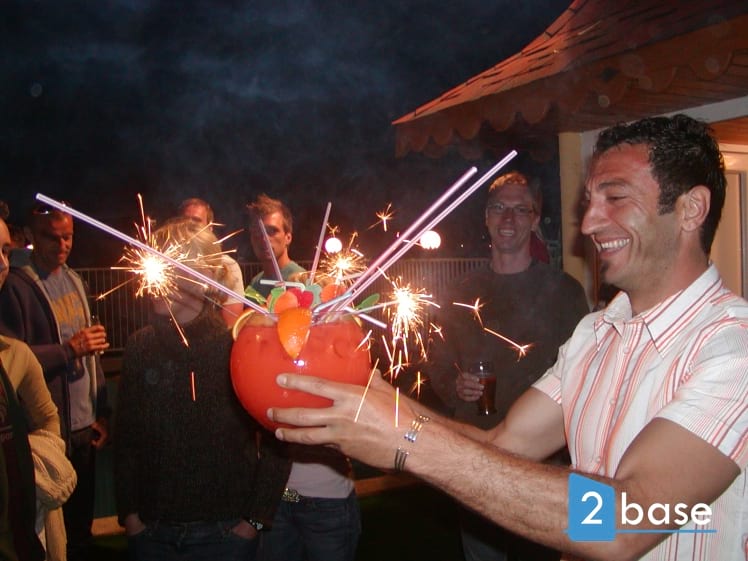Remember that good behaviour results in good treatment. Show respect to the elderly and learn a few words or phrases in Turkish
Behaviour:Remember that good behaviour results in good treatment. Show respect to the elderly and learn a few words or phrases in Turkish. Girls are advised not to dress too daringly thus avoiding unwanted extra attention. In tourist cities manners are more westernised while they are more traditional and respectful in villages.
British Embassy:
Sehit Ersan Caddesi 46/A
Cankaya
Ankara
Tel: 00 90 312 455 3344
Fax: 00 90 312 455 3353
Camels and Donkeys: In some places it is possible to ride either a camel or a donkey. Remember to negotiate the price in advance, have the exact amount ready and pay only after the trip has finished.
Children:The Turks love children and always give them lots of attention. Be prepared, as kissing, hugging, teasing and playing with children are the norm here. It is okay to tell them to stop if you think it is becoming annoying.
Currency and Credit Cards: The use of credit cards is widespread in Turkey. However, do not rely on this form of payment as not all shops, especially in bazaar areas, or restaurants accept credit cards.
You cannot use credit cards to obtain cash when making payments. Use ATM's (automated teller machines) if you want extra cash.
Money exchange should be done at the post office where you will receive the best rates. When you change your money, it is strongly recommended that you check the exchange rates and any commission charged in advance.
Electricity: In Turkey electricity is 220v. If you need an adaptor it can be bought in the nearest supermarket.
Now and then there are electricity cuts in Turkey because the power system is overloaded. These do not usually last long.
Health and Vaccinations: There are no obligatory vaccinations for entry to Turkey. Consult your own doctor if you have any questions.
Important Phone Numbers:
Police: 115
Ambulance: 112
Fire brigade: 110
Please be aware that English is rarely spoken at these places.
Internet: Internet cafés are found all over Turkey. Do not expect the same speed of transactions as in other Western countries.
Mosques: Apart from Friday, which is the holy day for Muslims, the mosques in Turkey can be visited freely. Remember to cover your arms, shoulders and legs and women should also cover their hair.
Newspapers: A few hotels and supermarkets sell international newspapers(for example English, German, Dutch). Otherwise there is a local paper in English, The Turkish Daily News, which is on sale in many places.
Opening Hours: Varies from shop to shop. As a general rule the tourist shops are open all day till late, while banks, supermarkets and other food stores have the same opening hours as in Europe.
Passport and Visa:Depending on your nationality, visiting Turkey as a tourist usually does not require the obtaining of a visa in advance. Please check if you do require a visa BEFORE departure. In most cases you pay on arrival in Turkey (for example: UK visitors pay £10 in cash per person, including children, on entry). Remember also to check the validity of your passport before departure. In Turkey they are very strict about lost or expired passports.
Pharmacy: A pharmacy is called eczane and these can be found all over Alanya. Most of them are open until late and they are very experienced in recommending the medication required for the most common tourist diseases like diarrhea, sunstroke, ear and throat infections.
English or German is spoken at most of the pharmacies. After normal working hours there are normally a couple of pharmacies on duty.
Photography: As a general rule there is no restriction on photography in Turkey. Remember that some, especially older, people can be superstitious about photography and, likewise, you should be careful around mosques and other religious sights. Always ask if in doubt!
Photography at or near military installations and establishments is strictly forbidden. You are advised therefore to take great care whenever in these areas.
Post: Postcards reach home in 1-2 weeks. The main post office is in the town centre. It is normally open until late.
Price Level: Many day to day items are cheaper than we are used to. Buy Turkish produced goods as these are of a good quality and much cheaper than the imported ones.
In the supermarkets and regular stores you cannot bargain about the price. This you can do in the bazaar and markets, up to 50% of the original asking price.
Sun: Remember that the sun is a lot stronger than at home. Always use sunscreen of a high factor and swim with a t-shirt on. Avoid longer stays in the sun in the middle of the day. Children especially are vulnerable to sunburn, make sure they are always well protected.
Taxi:The taxis are yellow and numerous. You can agree on a price in advance, otherwise ensure that the meter is turned on. The price is approximately 2 euros per kilometre.
Telephones: The national code to Turkey is 00 90/+90. The national code to UK is 00 44/+44. There is a well established mobile network.
Theft: Theft is rare and in general the Turks are considered a very honest nation. It is still advisable however to use common sense and not leave any values unattended and keep cash and jewellery under lock and key.
Time zone: +2 hours GMT. +1 hour CET.
Tipping: If you are satisfied with the service and food, it is normal to leave a minimum 10% tip.
Units of Measurement: Turkey uses the same units of measurements (metric) as many other European countries.
Water: The tap water is perfectly safe but contains some minerals that we are not used to. It is therefore recommended that you drink bottled water.


